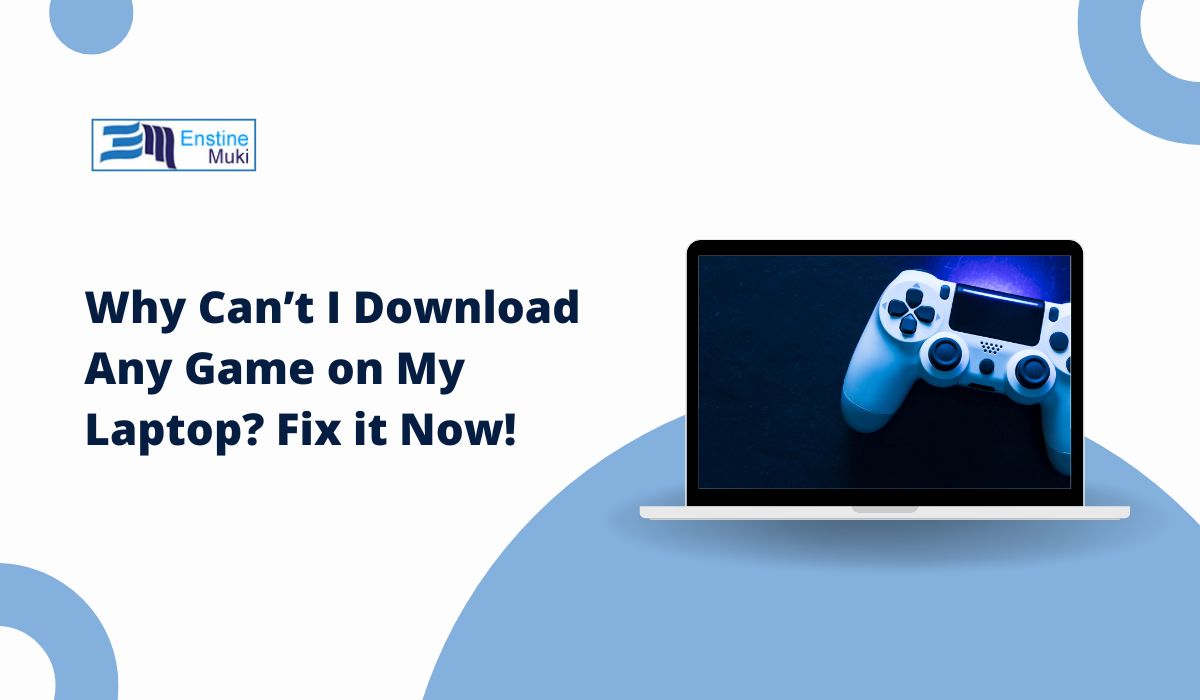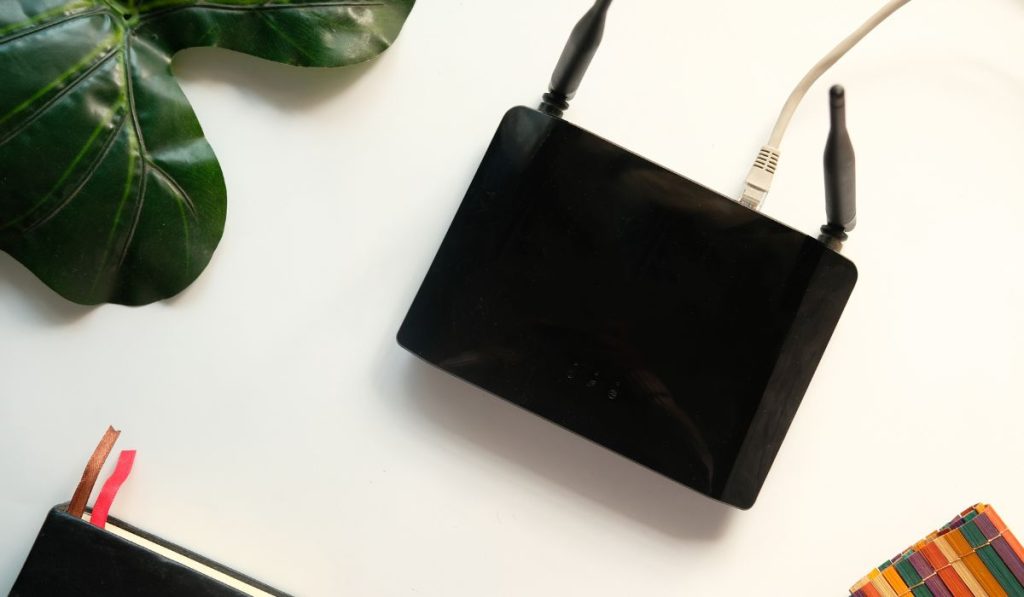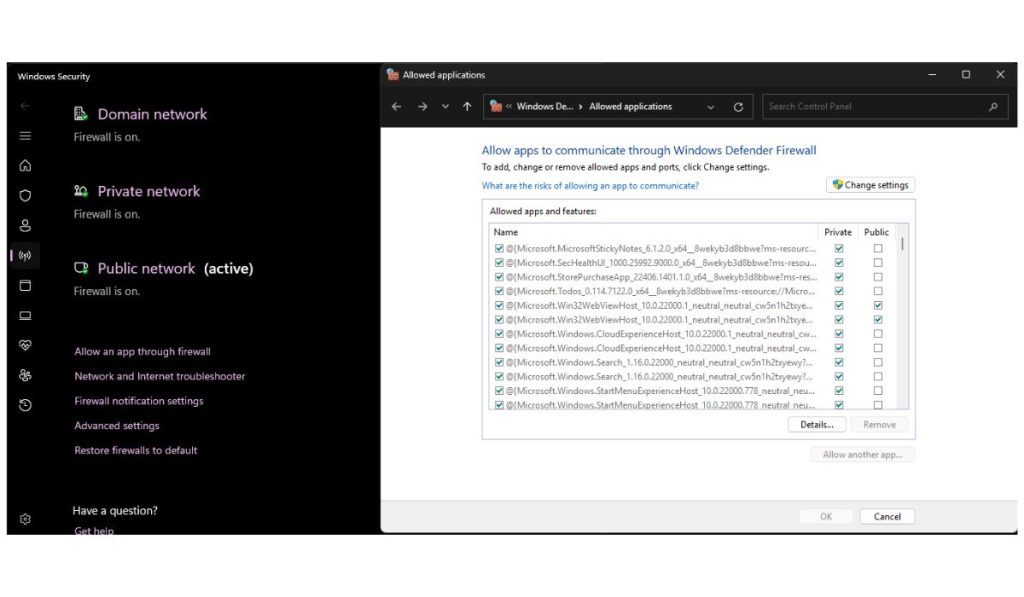Downloading games on your laptop should be a straightforward process. However, issues like slow internet, insufficient storage, or software conflicts can create roadblocks. This guide provides detailed solutions to help you troubleshoot and resolve these problems.
Understanding Why Games Fail to Download
Before diving into fixes, it’s essential to understand the possible causes. Game downloads may fail due to a combination of software, hardware, or network issues. Common problems include:
- Weak or unstable internet connections.
- Disk space running out.
- Interference from antivirus or firewall settings.
- Compatibility issues with game clients or operating systems.
Let’s tackle these problems step-by-step.
1. Fix Internet Connectivity Problems
A weak or unstable internet connection is one of the most common reasons for failed game downloads. When the connection drops, becomes too slow, or is throttled by your ISP, the download process may time out or show errors. To resolve this, you need to stabilize your internet and check for potential bottlenecks.
Start by testing your connection speed using online tools like Speedtest.net. If your download speed is lower than expected, consider switching from Wi-Fi to a wired Ethernet connection, which is more stable. Restarting your router can also clear any temporary network issues.
If you suspect your ISP is limiting gaming-related downloads, using a VPN can help bypass such restrictions. Additionally, check that no other devices on your network are consuming excessive bandwidth.
Steps to Fix:
- Test your connection speed to confirm if the issue is with your internet.
- Restart your modem and router by unplugging them for 30 seconds and reconnecting.
- Connect your laptop directly to the router using an Ethernet cable.
- Pause or disconnect other devices using the same network.
2. Free Up Disk Space
Running out of disk space is a common issue, especially for modern games that require significant storage space. Without enough free space, downloads may fail, or the installer may not proceed. Before starting a download, check your available storage to ensure you meet the game’s requirements.
If storage is insufficient, start by clearing temporary files or uninstalling programs you no longer use. Transferring large files, such as videos or old game backups, to an external drive can also free up space quickly. Cloud storage platforms like Google Drive or Dropbox are useful for keeping important files while clearing local storage.
Steps to Fix:
- Open your file explorer and check how much space is available on your drive.
- Delete unused files in the Downloads folder or temporary system files.
- Uninstall apps or games you no longer need.
- Move large files to an external drive or cloud storage service.
3. Resolve Antivirus or Firewall Conflicts
Antivirus programs and firewalls are designed to protect your system, but sometimes they block legitimate downloads, especially game files. This happens when the software mistakenly identifies the files as a potential threat. You’ll need to check if your antivirus or firewall is causing the issue and temporarily adjust its settings.
Begin by reviewing your antivirus software’s quarantine or blocked files list. If the game file is listed, mark it as safe or restore it. Temporarily disabling the antivirus during the download can also help, but make sure to re-enable it afterward. Adjust your firewall settings to allow the game launcher or download process to pass through.
4. Update Drivers and Software
Outdated drivers or software can create compatibility issues with game downloads. For example, network adapter drivers that are not updated may cause connection drops, while storage drivers can limit download speeds or handling of large files. Similarly, an outdated operating system may not support certain game launchers or installation processes.
To resolve this, ensure your laptop is running the latest version of its operating system. On Windows, this can be done through Windows Update, while macOS updates can be accessed in System Preferences. For drivers, use the Device Manager on Windows to check for updates for your network adapter, graphics card, and storage controller.
Here is how you can update drivers and software for your device:
- Open Windows Update (or System Preferences on macOS) and install any available updates.
- Access the Device Manager on Windows, locate your network adapter, and update its driver.
- Visit your laptop manufacturer’s website to download the latest drivers for your system.
5. Fix Download Issues with Game Platforms
Each game platform, such as Steam or Epic Games, has unique issues that may block downloads. For Steam, download interruptions may occur due to cache problems or server congestion. For Epic Games, the launcher may encounter installation errors if permissions are insufficient or its cache is corrupted.
On Steam, clearing the download cache can resolve many issues. This process refreshes the app’s internal storage, ensuring no corrupted files interfere with downloads. Changing the download region can also help by switching to less crowded servers.
For Epic Games, running the launcher as an administrator can prevent permission-related errors. Clearing its cache involves deleting the temporary folder where corrupted files might reside.
Steps to Fix:
- For Steam, go to Settings > Downloads > Clear Download Cache.
- Change the download region to one closer to your location or less congested.
- For Epic Games, right-click the launcher icon and select Run as Administrator.
- Delete the Epic Games cache folder at
C:\Users\[YourUsername]\AppData\Local\EpicGamesLauncher\Saved.
6. Resolve Operating System-Level Blocks
Sometimes, your laptop’s operating system can block downloads due to permissions settings or missing updates. On Windows, User Account Control (UAC) may prevent the download from proceeding if administrative permissions are required. On macOS, security settings might block downloads from unverified developers.
To fix this, ensure your system settings allow downloads and installations. On Windows, adjust UAC settings to reduce prompts temporarily. On macOS, grant permissions to download apps from trusted sources in the Security & Privacy section of System Preferences.
What to Do When All Else Fails
If the above fixes don’t resolve your issue, consider more advanced troubleshooting options. Reinstalling the game client or launcher often resolves persistent problems. Using a VPN can also bypass network-related restrictions imposed by your ISP. Finally, contacting the support team of the game platform or developer can provide tailored solutions.
Did this guide help solve your issue? If you have other tips or questions, leave a comment below. Don’t forget to share this guide with your gaming friends who might need it!


